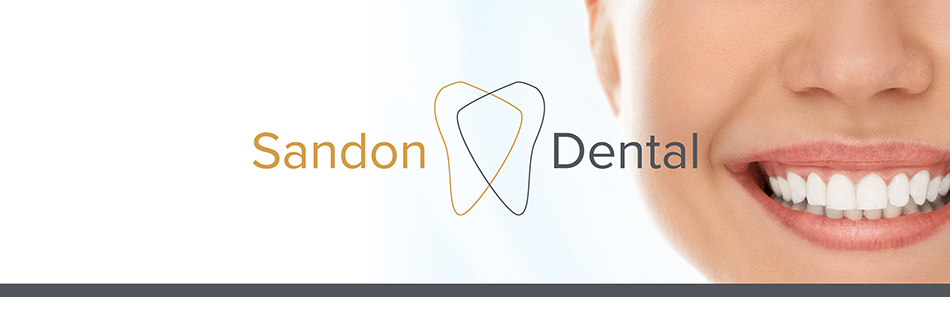Dental Factfiles

Hygienist
The primary role of a hygienist is to assist people in the promotion, achievement and maintenance of good oral health. They are supervised by and work closely with a dentist. A dental hygienist trains for two years to achieve their professional qualification
Their role includes:
- Providing dietary and oral hygiene advice to all people and all ages, in the dental surgery and in various community environments (e.g. playgroups, youth groups and residential homes) in order to prevent dental caries (tooth decay) and periodontal (gum) disease
- Giving smoking cessation advice and support
- Providing fissure sealants to children to protect their teeth from dental caries
- Treating periodontal disease by providing scaling and polishing i.e. cleaning above and below the gums to remove tartar (calculus) which has built up around the teeth, and polish off any surface stains.
- Giving injections to enable a pain-free experience when undertaking periodontal treatment
- Replacing a filling if this is dislodged during treatment
- Taking X-rays (radiographs).
A regular appointment with a dental hygienist may last for 20-45 minutes. A dental hygienist will initially check medical histories to ensure that any treatment they undertake will not cause health problems.
They may dye the plaque on the teeth to highlight any areas missed when using a toothbrush and floss and will offer appropriate oral hygiene advice to supplement a patient’s daily oral hygiene regime. A hygienist will measure the gaps between gums and teeth with a rounded probe to explore whether any periodontal disease is present and will undertake any treatment necessary to prevent the disease from progressing. The gum condition will be monitored by the hygienist to ensure regular oral maintenance. They will also encourage regular 3 - 6 monthly scaling and polishing to ensure the routine maintenance of healthy gums.
Before registering with a new dental practice, ensure that there is a hygienist working in it. All patients seen by the dental hygienist need to be referred by a qualified dentist. It is illegal for a hygienist to see and treat a patient without the patient being appropriately referred and the hygienist may be ‘struck off’ the General Dental Council’s register if they do not adhere to this.

